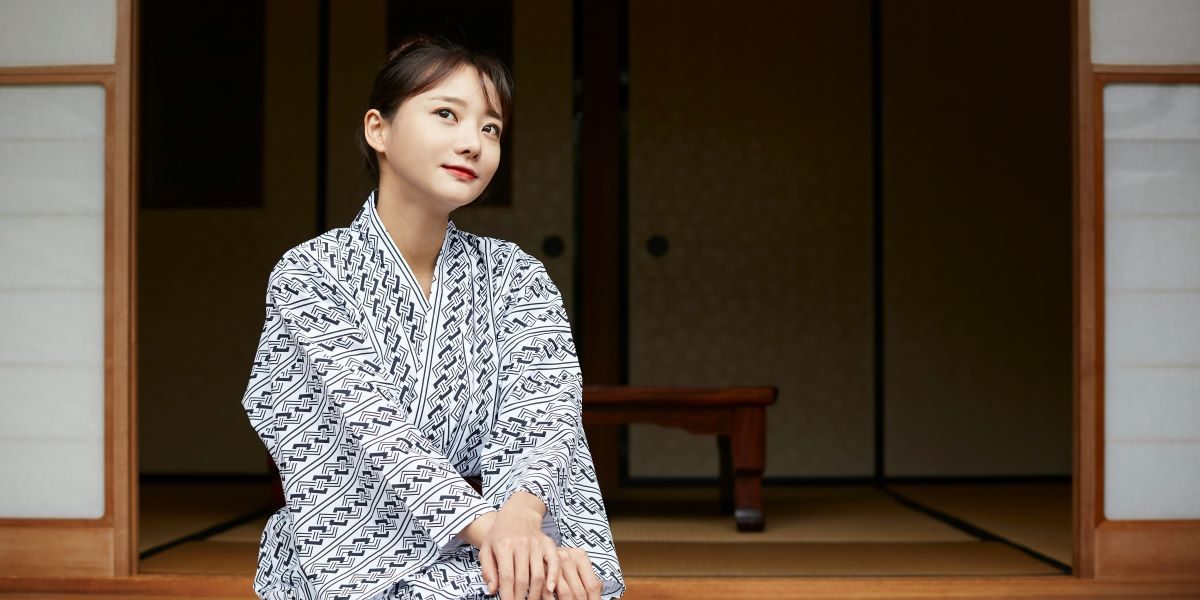Okinawa, a small island in Japan, is renowned for being home to the world’s longest-living people. The inhabitants of Okinawa have garnered international attention due to their exceptional life expectancy and the health and vitality they exhibit well into their later years. The Okinawan lifestyle is based on a combination of diet, physical activity, social connections, and a positive outlook on life. This article delves into the key factors that contribute to the Okinawan way of life, offering insights into the habits and practices that support longevity.
Read also: Youth Engagement in Politics Through Education and Awareness
The Okinawa Phenomenon: The World’s Longest-Living People
The Okinawan population has one of the highest percentages of centenarians in the world, with a significantly higher number of people living to 100 and beyond compared to other populations. This phenomenon has intrigued researchers and health experts for decades, prompting studies on the unique lifestyle factors that contribute to their extraordinary longevity.
Several key aspects have been identified as contributing to their long life expectancy. These include diet, physical activity, social support, and a sense of purpose. The combination of these factors creates a holistic approach to health that not only extends life but improves quality of life as well.
Diet and Eating Habits (Hara Hachi Bu Principle)
The diet of Okinawans plays a pivotal role in their longevity. One of the central principles of their eating habits is the concept of Hara Hachi Bu, which means eating until you are 80% full. This principle helps prevent overeating and supports long-term health by reducing the intake of excess calories.
The Okinawan diet is rich in nutrient-dense, low-calorie foods such as vegetables, seaweed, tofu, and fish. It is particularly known for its high intake of sweet potatoes, which provide a significant source of energy and nutrients. Okinawans also consume a variety of herbs and bitter melon (known as “goya”), which are believed to have anti-aging and health-boosting properties.
Unlike many Western diets that are high in processed foods and animal fats, the Okinawan diet is plant-based, with modest amounts of fish and lean meats. This type of eating pattern has been linked to lower rates of chronic diseases such as heart disease, diabetes, and cancer.
Physical Activity: Moving Naturally Every Day
Physical activity is a natural part of daily life for Okinawans. Unlike structured workout routines, the people of Okinawa engage in natural movement that is integrated into their everyday activities. Gardening, walking, and even traditional practices such as tai chi contribute to their overall physical health.
Okinawans tend to remain active well into their later years. Many older individuals are seen walking, cycling, or participating in group exercises. The idea of “moving naturally” is deeply embedded in Okinawan culture, and it is believed that this constant, low-intensity physical activity helps keep the body agile and strong as individuals age.
The benefits of physical activity extend beyond physical health to mental well-being. The act of staying physically engaged is not just about longevity—it also helps improve mood, boosts energy, and strengthens cognitive function.
Community and Social Ties: The Role of “Moai”
In Okinawa, strong community bonds and social ties are central to well-being. Okinawans form close-knit groups known as “moai”, which are lifelong social networks. These groups are built around shared interests, mutual support, and a sense of belonging. Moai members offer emotional support, assistance during difficult times, and companionship throughout life.
Having a strong social network provides a sense of purpose and connection, which are crucial factors in mental health. Studies have shown that strong social relationships are associated with lower levels of stress, improved mental health, and a reduced risk of chronic diseases. The Okinawan practice of maintaining close social ties and forming supportive groups is thought to contribute significantly to their longevity.
Moreover, social connections also provide opportunities for emotional expression, which helps reduce the negative effects of stress and anxiety. The supportive nature of Okinawan communities fosters a sense of belonging, helping individuals navigate the ups and downs of life with resilience and positivity.
Spirituality and Optimism in Daily Life
Spirituality and a positive mindset are also essential components of the Okinawan approach to longevity. Okinawans typically adhere to Shinto and Buddhist traditions, which emphasize living in harmony with nature, showing gratitude, and maintaining a balanced and mindful approach to life. A key principle is Ikigai, which refers to the concept of having a sense of purpose in life. Having a reason to wake up each morning, whether it is family, work, or personal passions, is considered a fundamental aspect of happiness and longevity in Okinawan culture.
Okinawans are also known for their ability to maintain a sense of optimism despite challenges. The combination of spiritual beliefs, a sense of purpose, and a generally optimistic outlook on life helps reduce the effects of stress, promotes emotional well-being, and contributes to a positive attitude toward aging. Research has shown that people who maintain a hopeful outlook tend to live longer and enjoy better overall health.
The Okinawan lifestyle offers valuable lessons for those seeking to live longer, healthier lives. By adopting principles like moderate eating, natural physical activity, strong community ties, and maintaining a positive outlook on life, individuals can improve both their quality of life and life expectancy. The combination of these elements creates a holistic approach to well-being that has helped Okinawans maintain vitality well into their later years. The longevity and lifestyle of Okinawa are a testament to the power of balancing physical health, mental well-being, and community support.
Read also: The Power of Flow and Living in the Moment
















